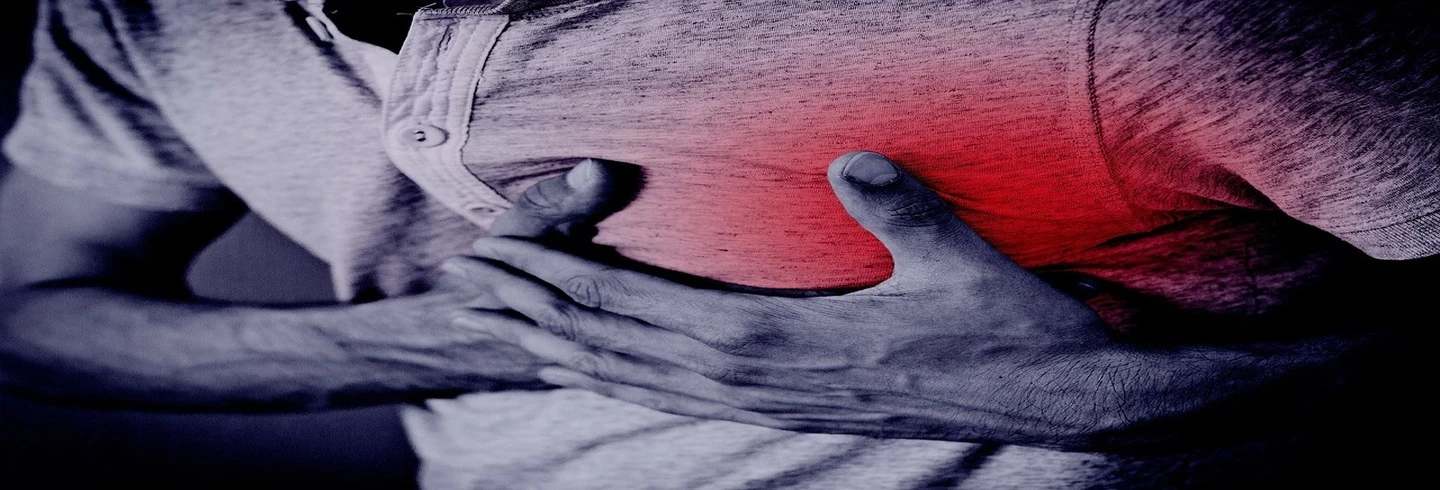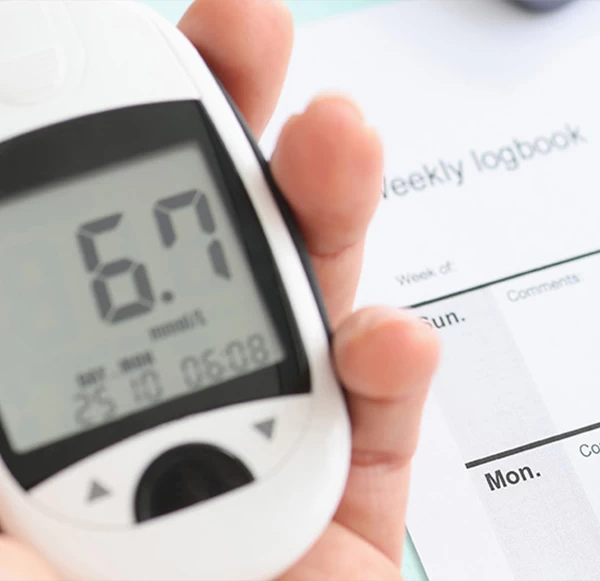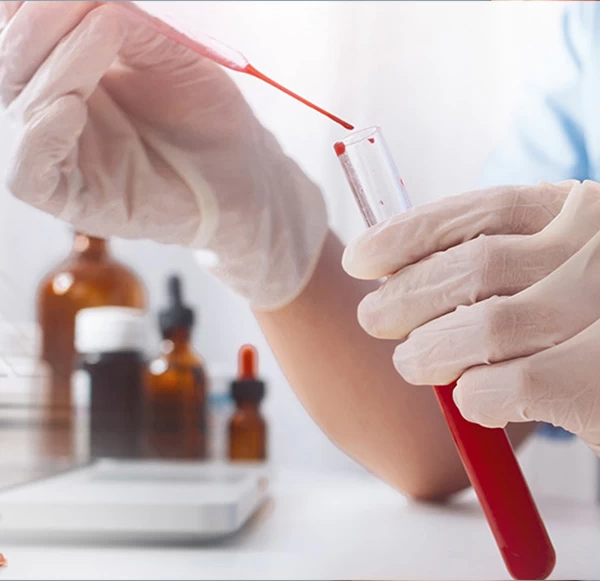- Email Us

Your heart is more than just a muscle — it’s the
tireless drummer of your existence, beating rhythm into every moment of your
life. However, this essential organ is frequently pushed
to the limit in a world driven by fast food, faster lives, and silent stress.
Only 25% of the more than 35 lakh heart attack victims in India receive
life-saving clot-busting medications in a timely manner, and only 5% have an
angioplasty. This indicates that about 75% of people do not receive treatment,
frequently as a result of ignorance, a delayed reaction, or restricted access
to care. These are wake-up calls, not just numbers. To protect your heart health,
this blog explains heart attack symptoms, what causes heart attack, how to
diagnose them, and what treatments are available.
What
is a Heart Attack? Understanding the silent emergency of the Heart
A
heart attack occurs when the blood supply to a part of the heart muscle is
drastically reduced or completely blocked, depriving it of oxygen and
nutrients. This typically happens due to a blockage in the coronary arteries —
the vessels responsible for nourishing the heart. The most common culprit is atherosclerosis, a
condition in which fatty deposits or plaque build-up along the artery walls. Over time, these plaques can rupture,
triggering the formation of blood clots that can abruptly cut off blood flow.
When this happens, the affected portion of the heart muscle begins to die — a
life-threatening emergency that demands immediate medical attention.
But a
heart attack doesn’t develop overnight. It's often the result of years of
silent damage caused by poor
lifestyle habits, unmanaged health conditions like diabetes or hypertension,
chronic stress, smoking, and even genetic predisposition. Understanding these underlying mechanisms isn’t just medical knowledge — it’s a
wake-up call. By learning how heart attacks happen, we empower ourselves to
take preventive steps early: from routine check-ups and healthy eating to
stress management and regular exercise. After all, protecting your heart begins
with knowing how and why it breaks down.
What
are the causes of Heart Attack?
Heart
disease is caused by a number of causes and ultimately raises the chance of a
heart attack. A person’s lifestyle and other health conditions can have a
different impact on the reasons of their heart attack.
· Coronary Artery Disease: The main offender is coronary artery
disease also referred to as atherosclerosis, which results in the gradual
narrowing of the coronary blood channels due to plaque build-up.
· Age: Age is another factor that affects it; as one gets older,
the risk is likely to increase for men at age 45 and women at age 55.
· High blood pressure: The arterial walls are continuously
subjected to high pressure, which erodes them and promotes the development of
plaque.
· High Cholesterol: Elevated LDL (bad cholesterol) causes
plaque to accumulate more quickly, narrowing blood vessels.
· Diabetes: Due to the type of blood vessel damage
that diabetes causes, people with diabetes are more prone to develop heart
disease.
· Smoking: The chemicals released into the
bloodstream by cigarette smoking damage the walls of blood vessels, quicken the
heartbeat, and promote the development of blood clots.
· Obesity: Type 2 diabetes, high blood pressure,
and high cholesterol are among the numerous heart disease- related risks that
are linked to being overweight.
· Lifestyle: Obesity, high blood pressure, and high
cholesterol are among the diseases that are brought on by a lack of physical
exercise, which also damages the heart muscle.
· Stress: The heart experiences pressure from
stress because it raises blood pressure and heart rate.
· Hereditary: Given that cardiac problems are known
to run in families, it is crucial to keep in mind that family history may put a
person at risk.
Heart
Attack symptoms: Warning signs you should never ignore
Knowing
the signs of a heart attack is essential if you want to seek medical attention right
away. Although each person’s symptoms may differ, typical signs include:
· Chest
pain: The center or left side of your chest may feel compressed
or squeezed if you have chest pain or discomfort.
· Upper
body discomfort: You may experience discomfort
that travels from your chest to your shoulders, arms, neck, jaw or back.
· Shortness
of breathing: Breathing difficulties,
particularly when sleeping or performing mild activities like brief walks, are
referred to as shortness of breath.
· Cold
sweat: When you start exhaling without cause and experience
anxiety at the same time.
· Dizziness
and Nausea: Feelings of light-headedness or unsettled
stomach are known as nausea and dizziness.
Heart
Attack diagnosis: Tests that could save your life
A comprehensive physical
examination and a careful review of the patient’s medical history are the
initial steps in diagnosing a heart attack. Physicians are better able to
evaluate risk and severity when they are aware of pre-existing medical
problems, symptoms, and lifestyle factors.
· Lipid profile: This test determines your
blood’s levels of triglycerides and cholesterol. One of the main causes of
heart attacks in plaque accumulation in the arteries, which can be brought on
by high LDL (bad cholesterol).
· Blood glucose test: Over time, uncontrolled blood
sugar levels, particularly in diabetes, can harm the heart and blood vessels.
This test aids in managing issues associated to diabetes and determining your
risk.
· ECG (Electrocardiogram): An
ECG captures the electrical activity of the heart and can identify irregular
rhythms, decreased blood flow to the heart muscle, and indications of a recent
or previous heart attack.
· Calcium
Coronary Artery (CAC) Scan: Calcium deposits in coronary arteries are
found using this specialist CT scan. Plaque accumulation, a powerful indicator
of the likelihood of a future heart attack, is indicated by a high score.
At Mahajan
Imaging & Labs, we provide precise and patient-focused
care by centralizing all of the afore-mentioned diagnostic tests. Whether you
need a simple ECG or an advanced coronary calcium scan, Mahajan Imaging &
Labs is your trusted partner in heart health across Delhi-NCR.
Final
Thoughts
A heart attack often strikes
without warning —but
with the right knowledge, preventative steps, and timely diagnosis, it doesn’t
have to become a life-altering event. Each test, from blood sugar and
cholesterol monitoring to sophisticated imaging such as ECGs and coronary
calcium scans, is essential to heart protection. Knowing the warning signals
and taking quick action can save lives.




